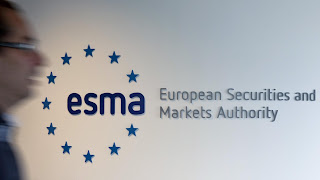ESMA Updates its Guidelines on Internal Controls for Credit Rating Agencies

Since January 2019, the European Securities and Markets Authority (ESMA) has been conducting a public consultation on the issue of internal controls within credit rating agencies operating within the jurisdiction. Based on observations between 2017 and 2018 that identified a number of shortcomings in this area of the CRAs practices, ESMA has been working at providing clear guidelines to help the industry move forward. Today, that report was released. Based on the CRA Regulation (CRAR) , ESMA are required to ensure that regulations are developed and implemented relating to the internal control systems of the CRAs, which they must have in place ‘ in order to prevent or mitigate any possible conflicts of interest and ensure the integrity of its credit rating activities ’. As we know, this is a common, but no less important objective of rating agency regulators, and it is interesting to note that, more than a decade after the Financial Crisis, regulators are still attempting to prov



